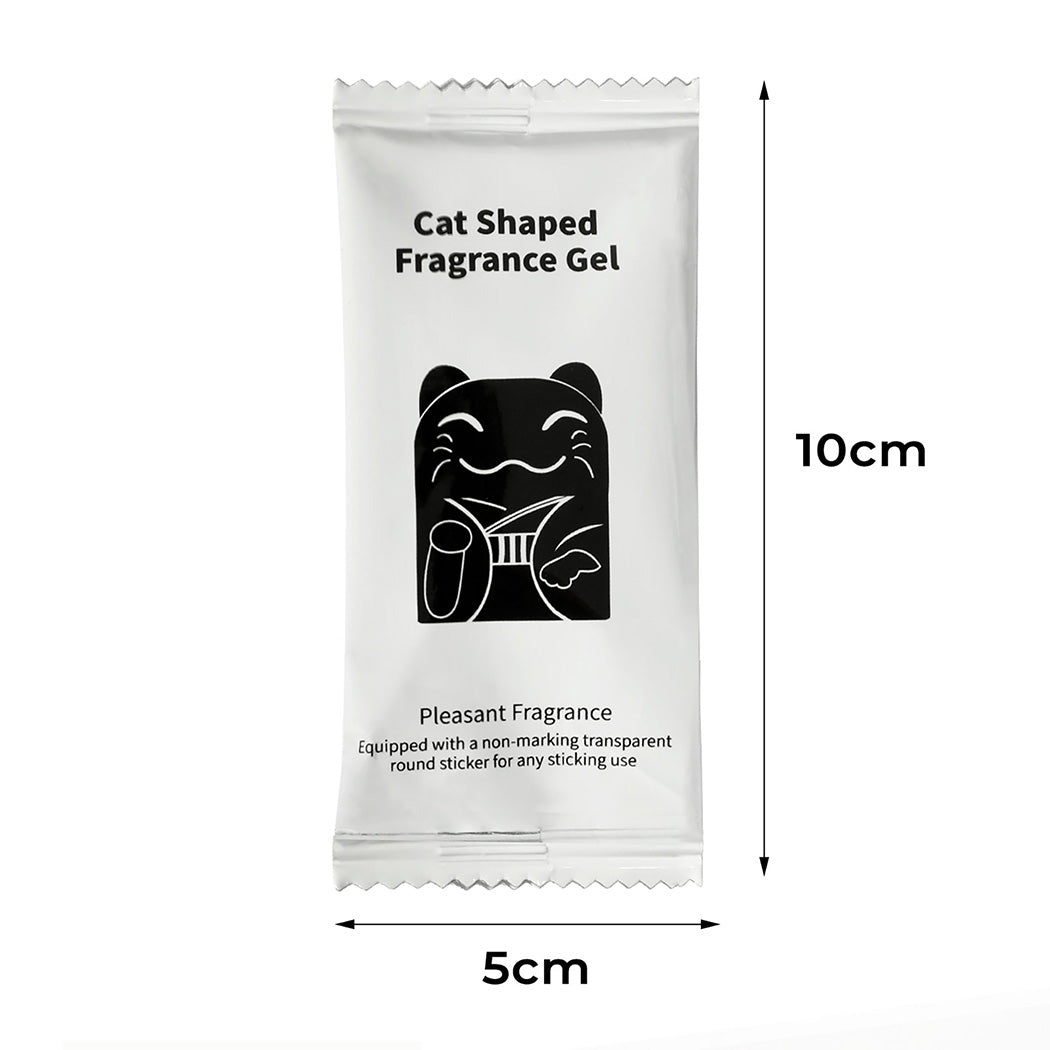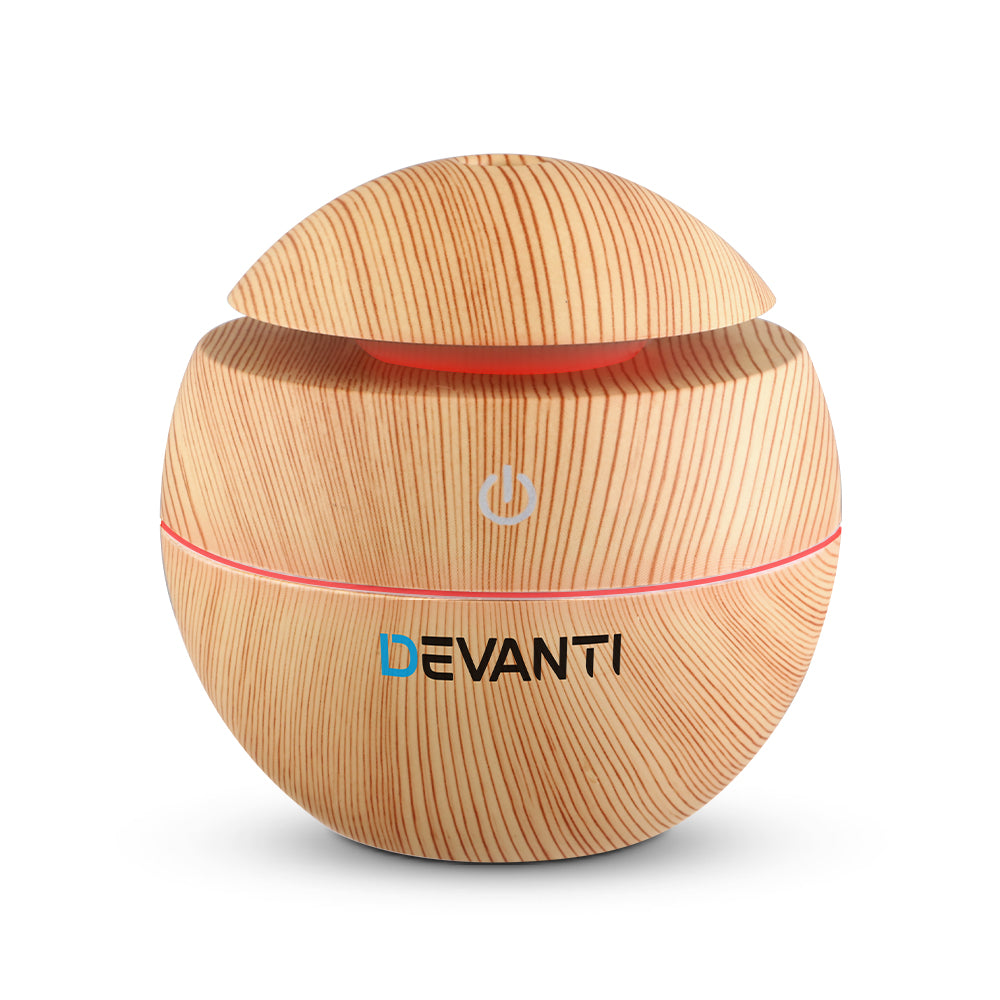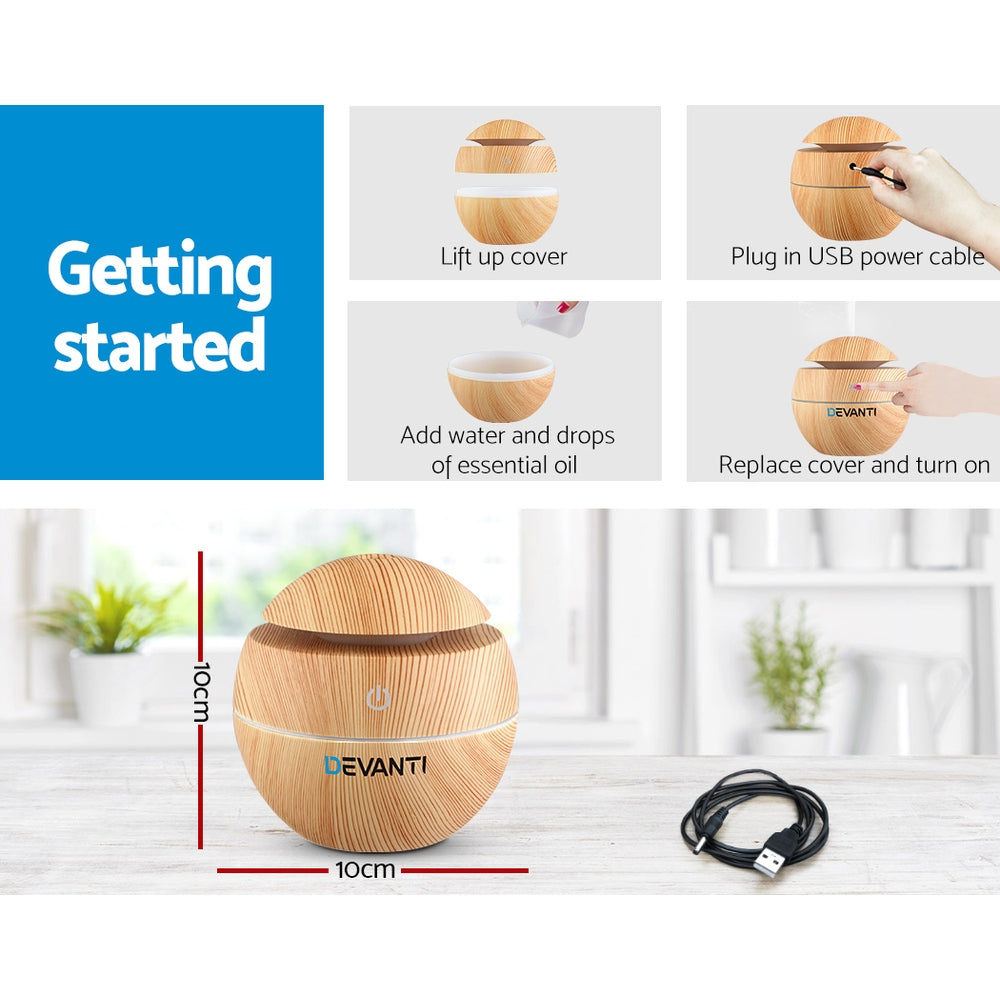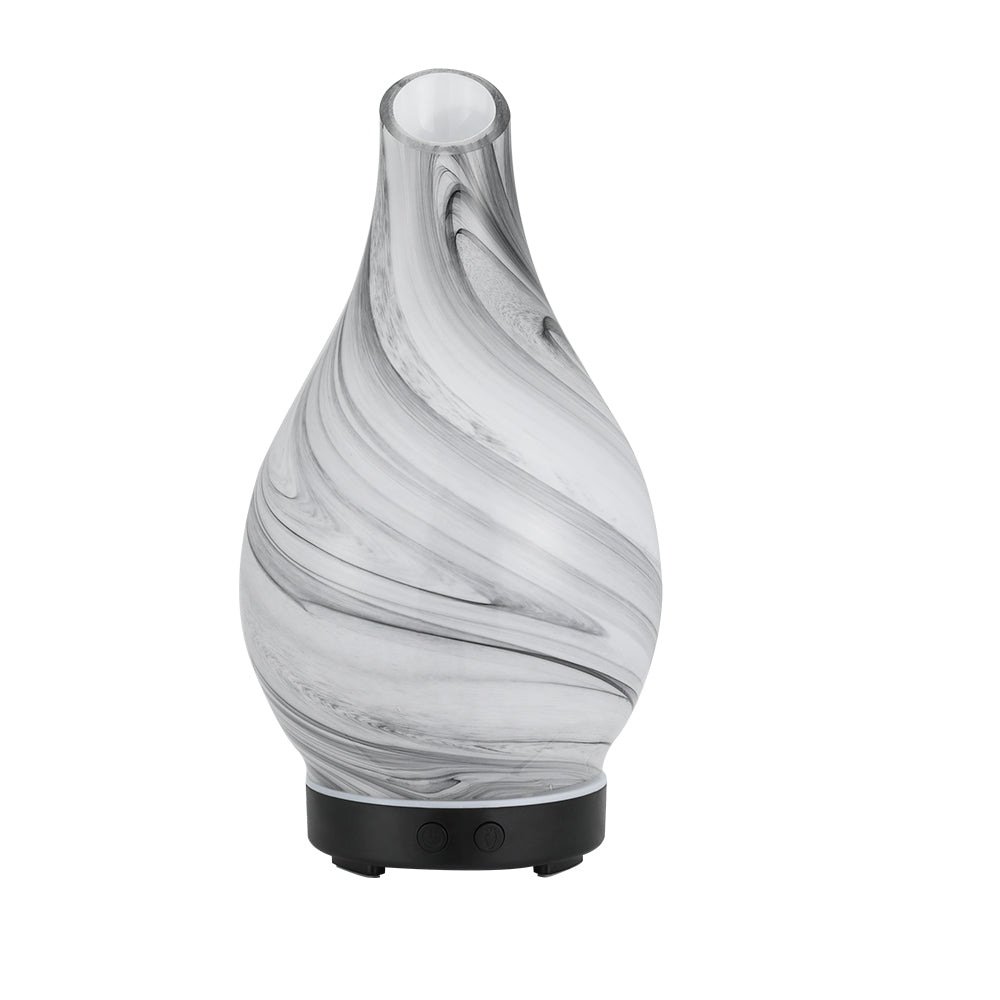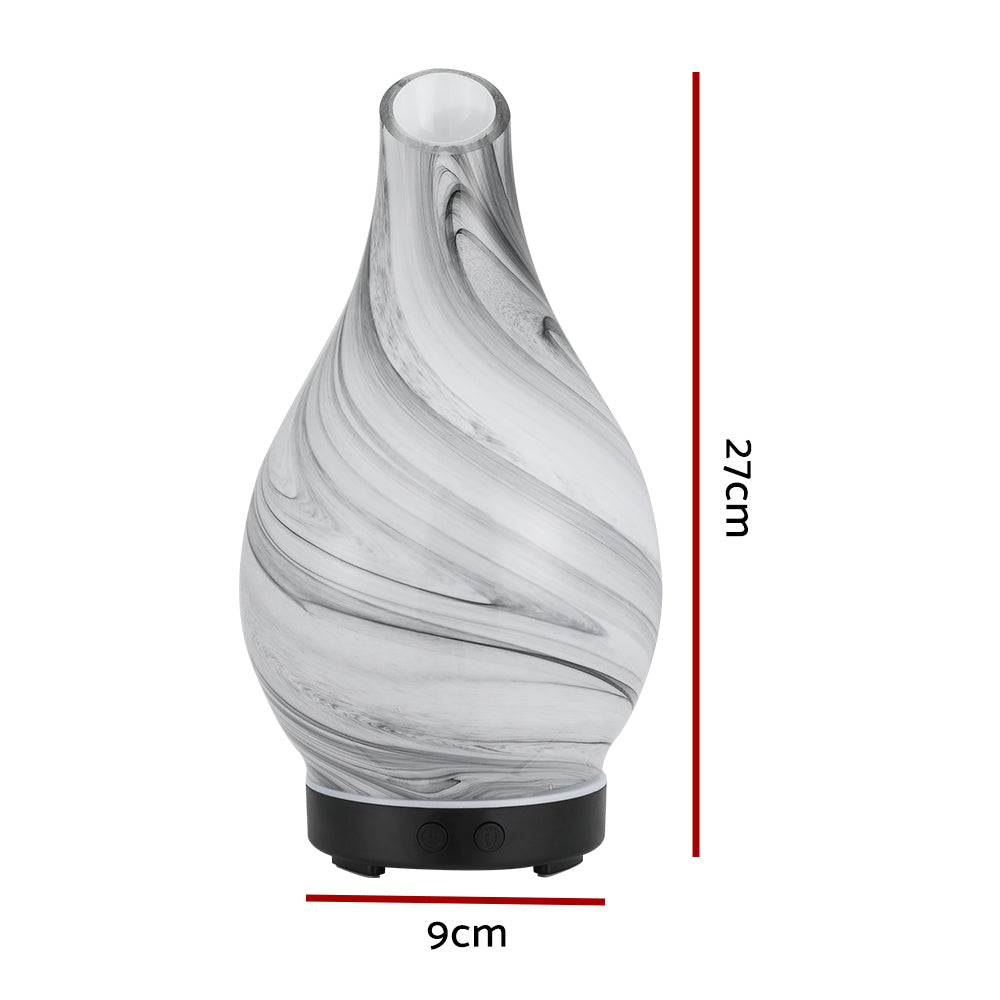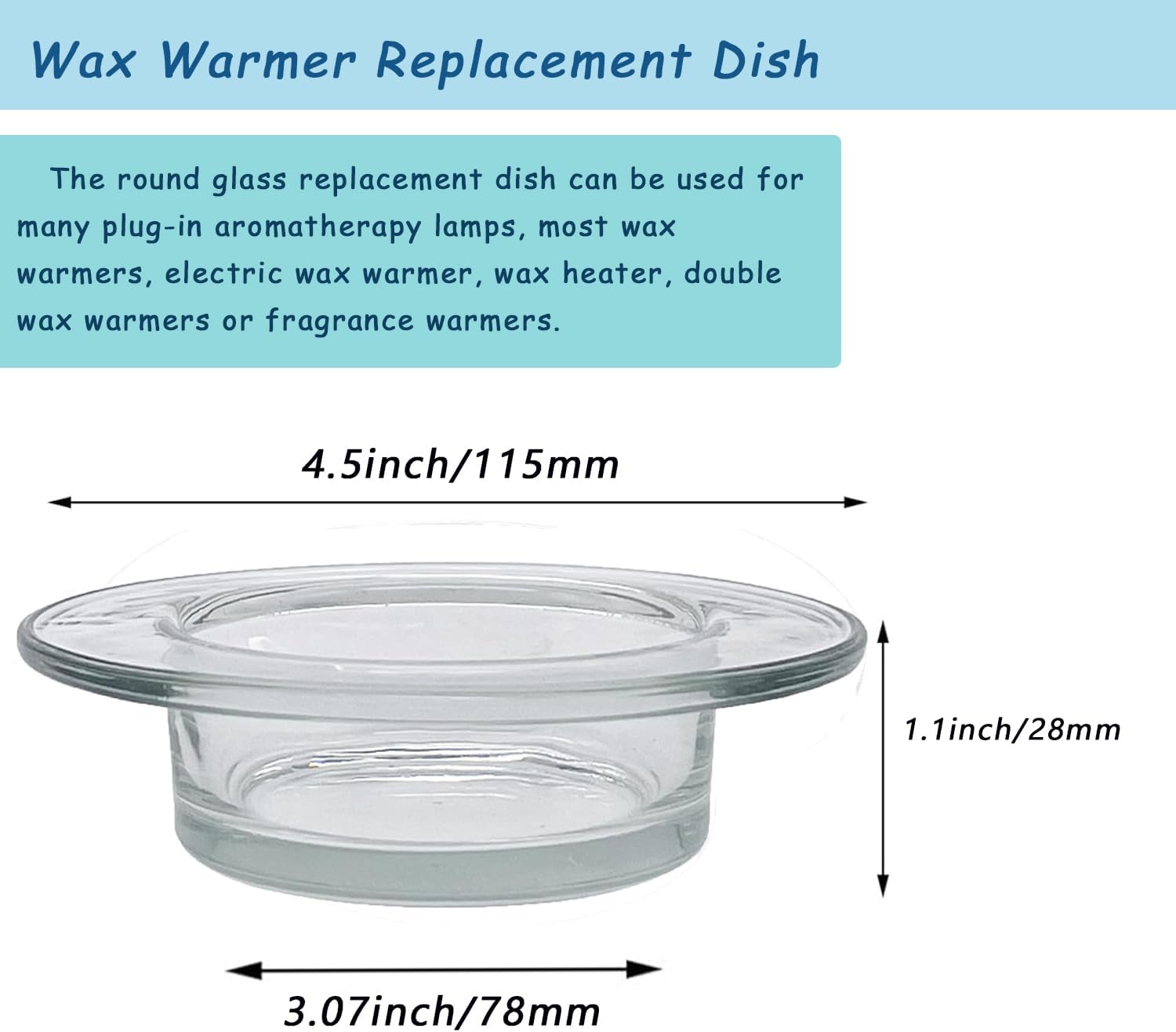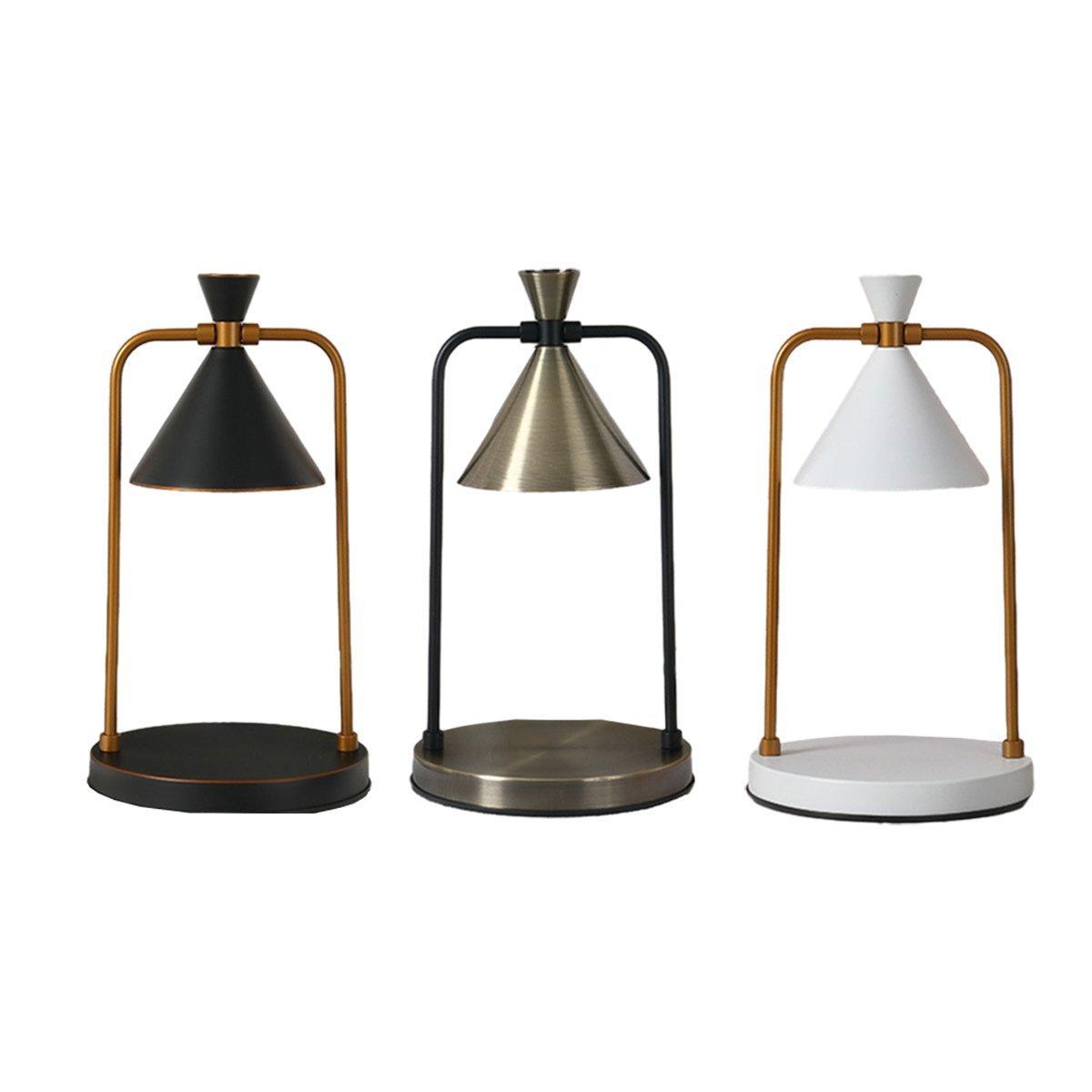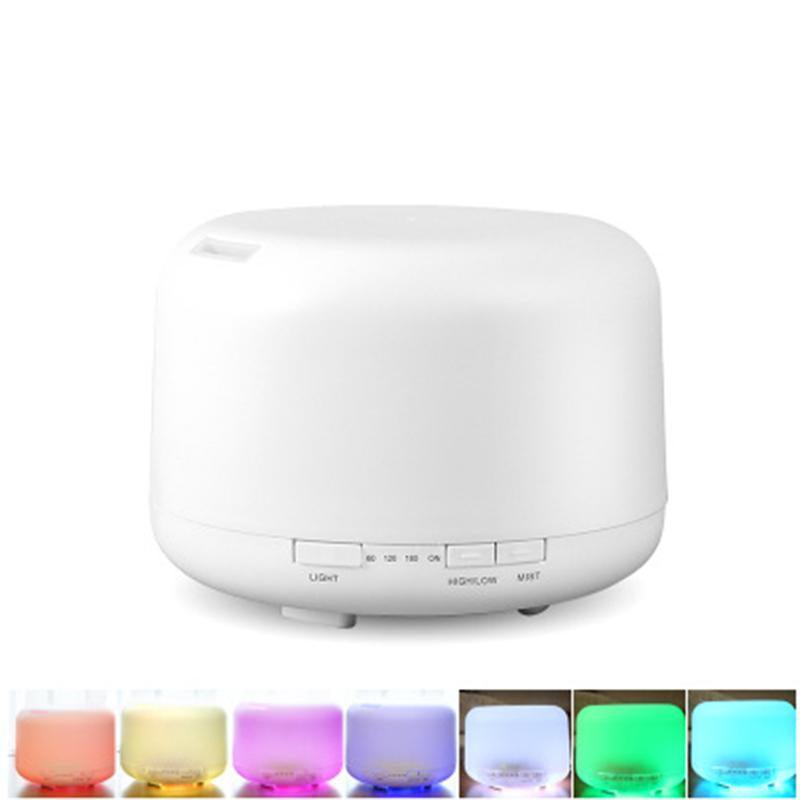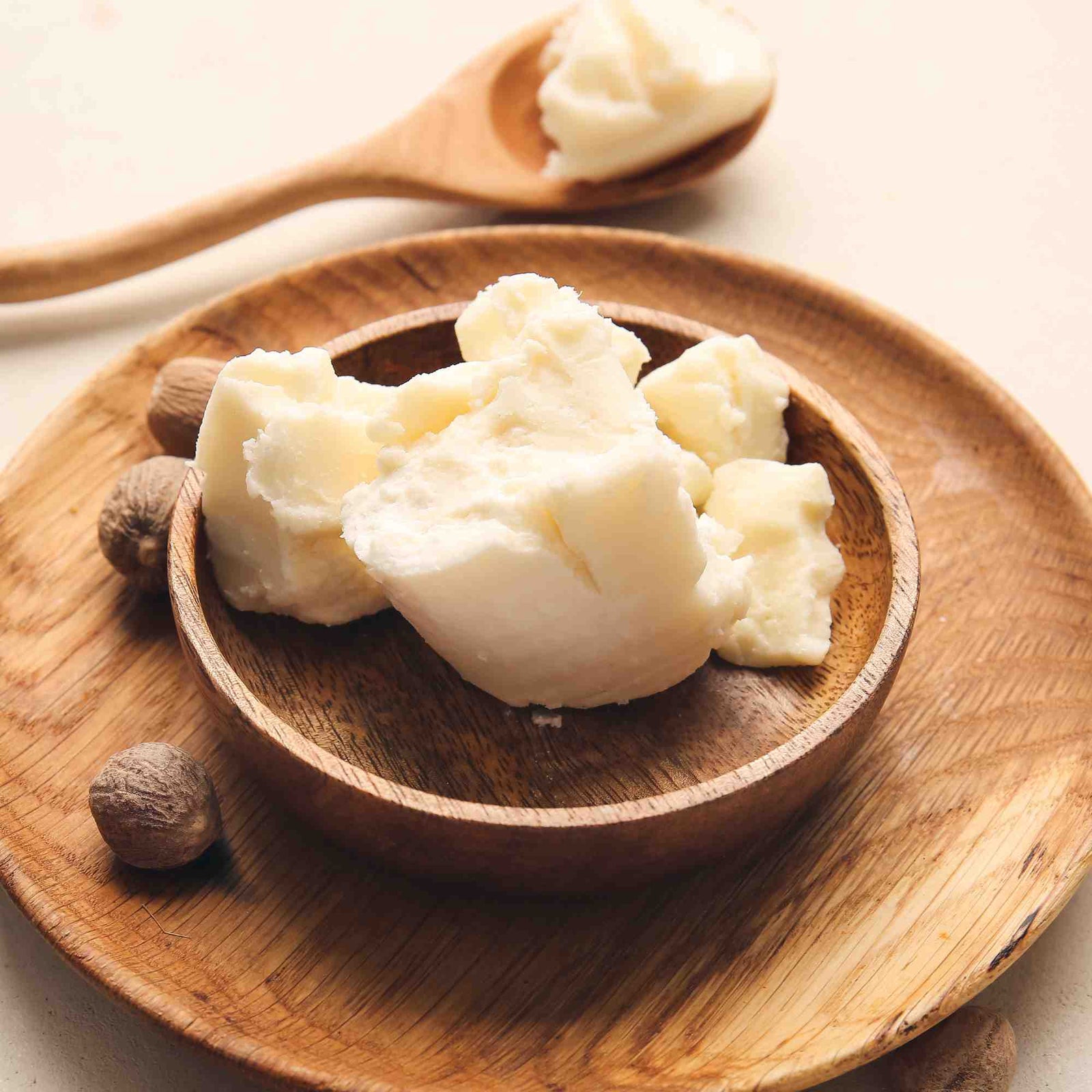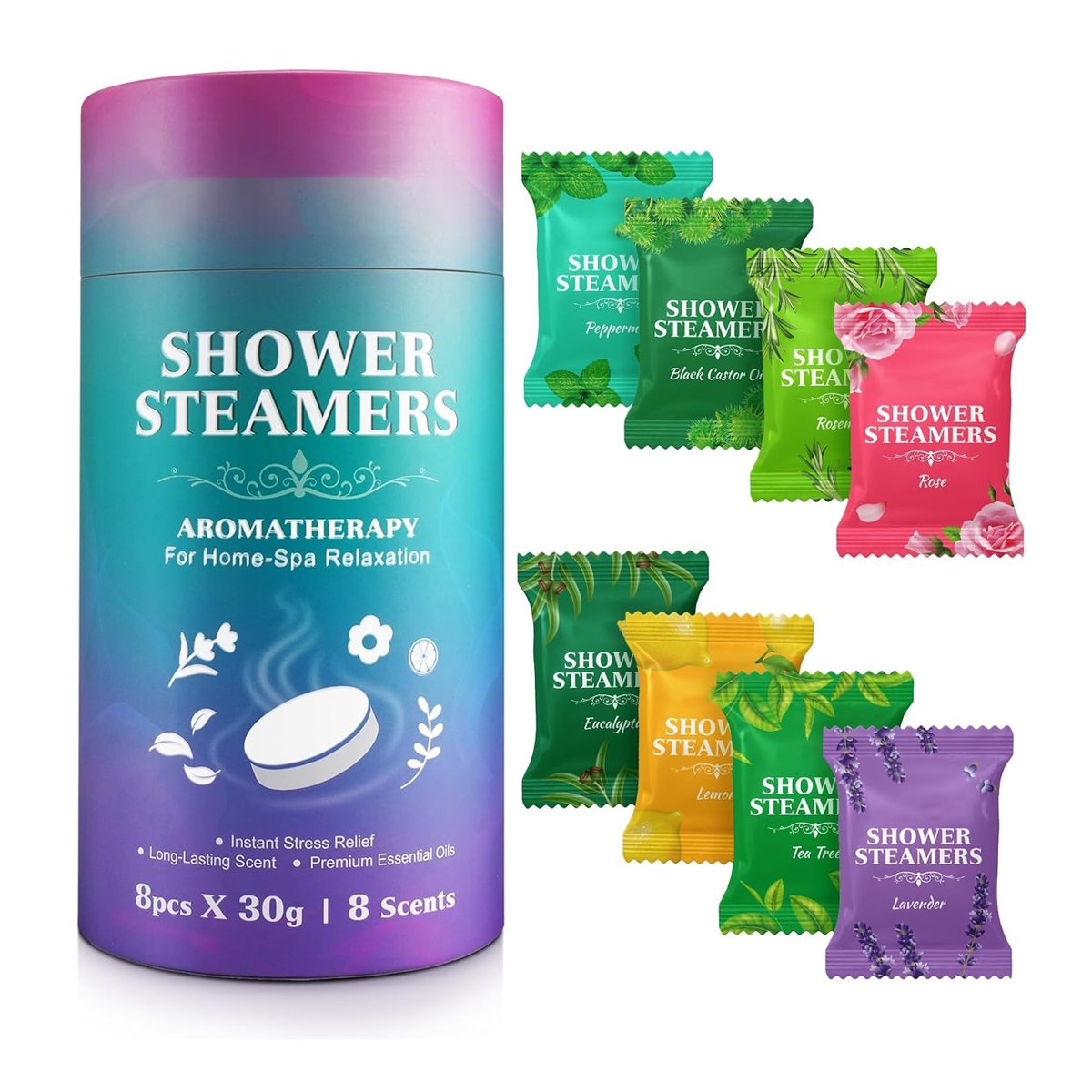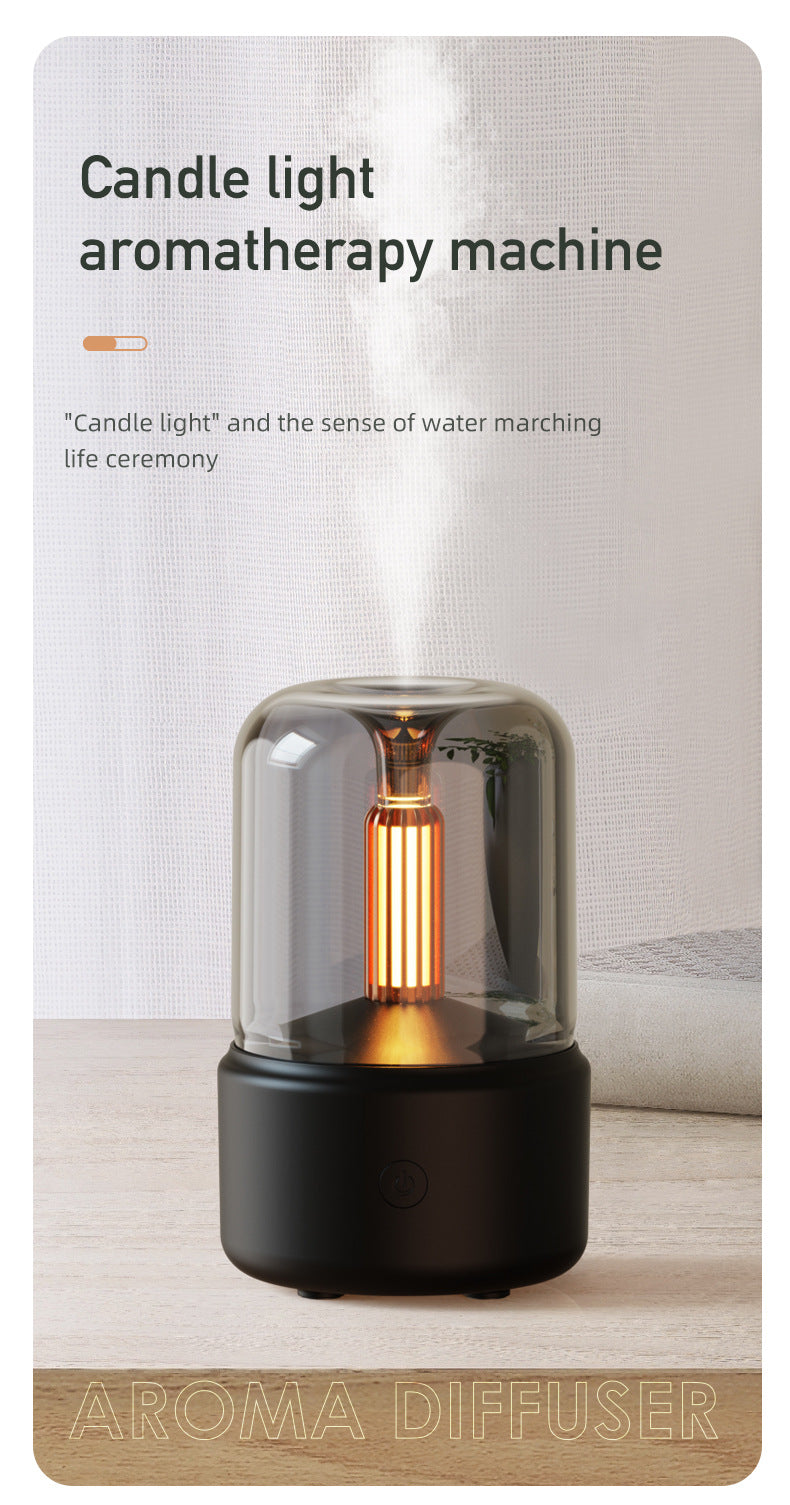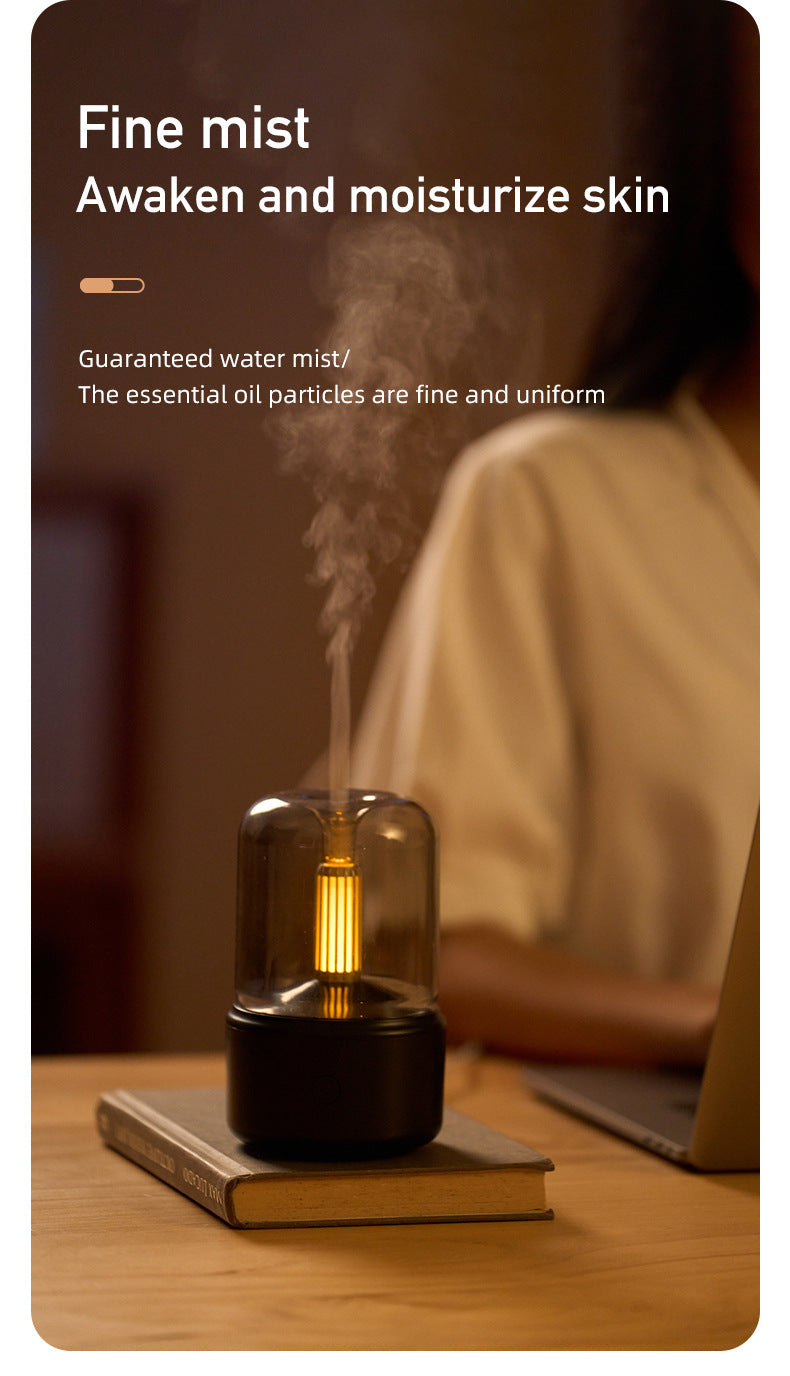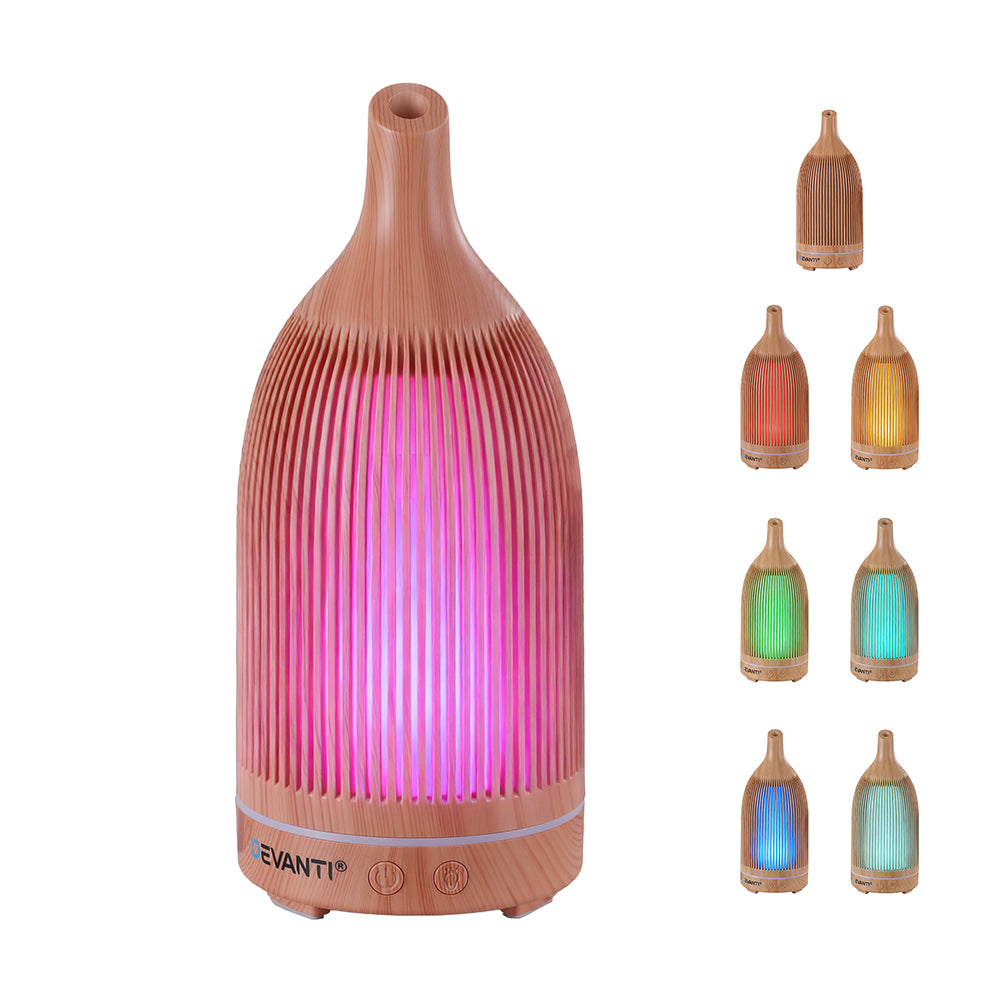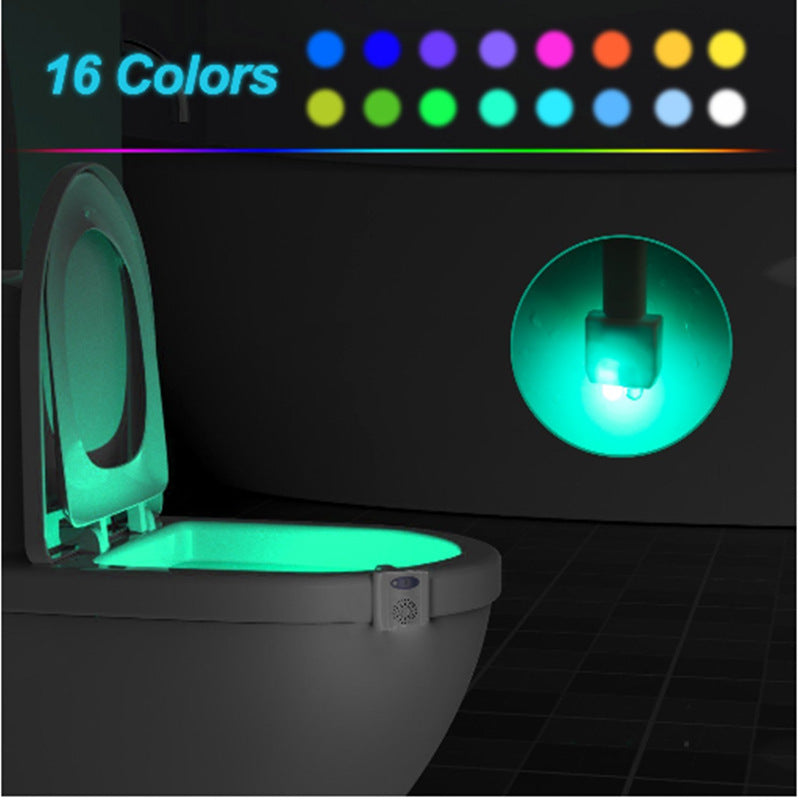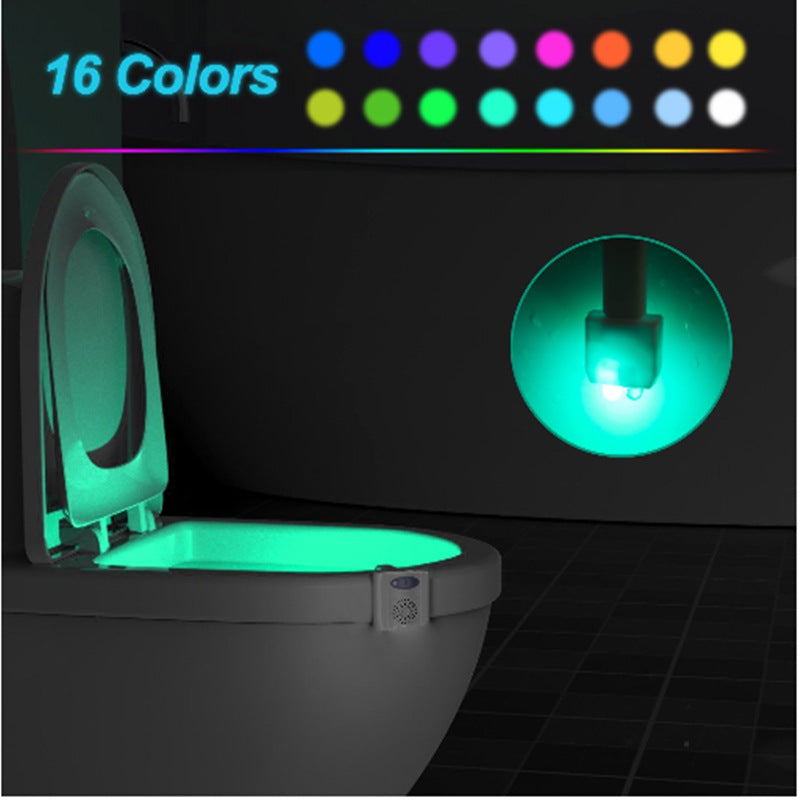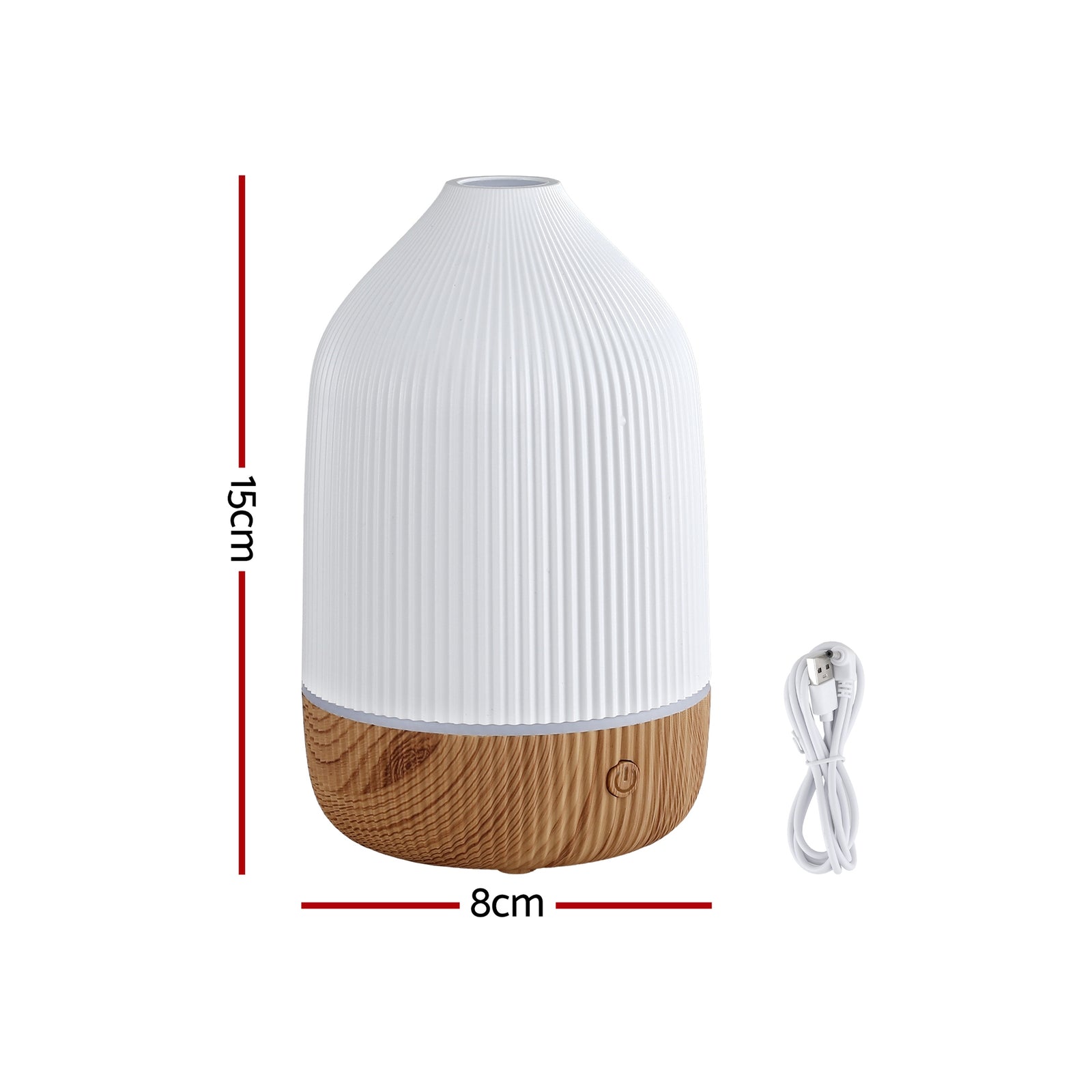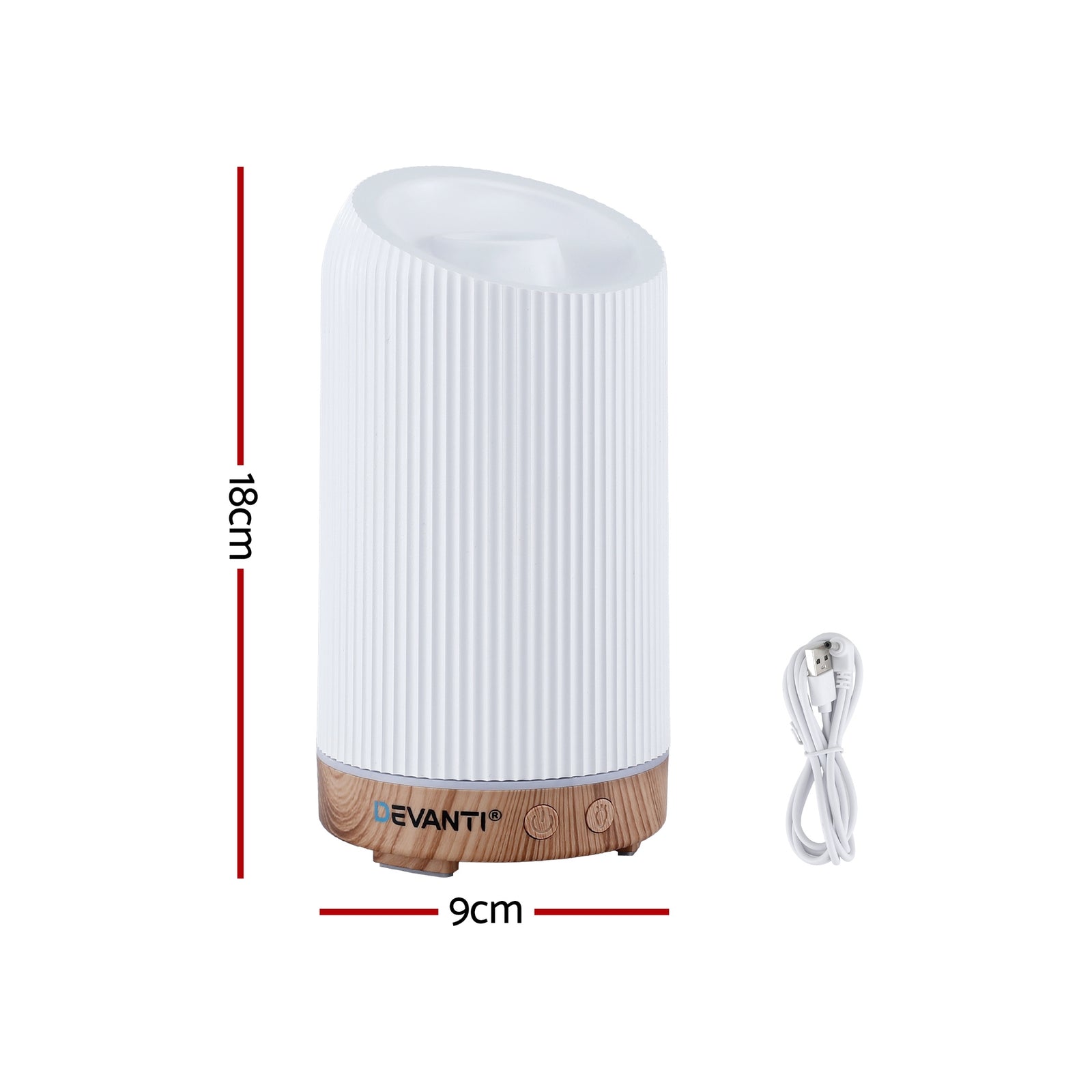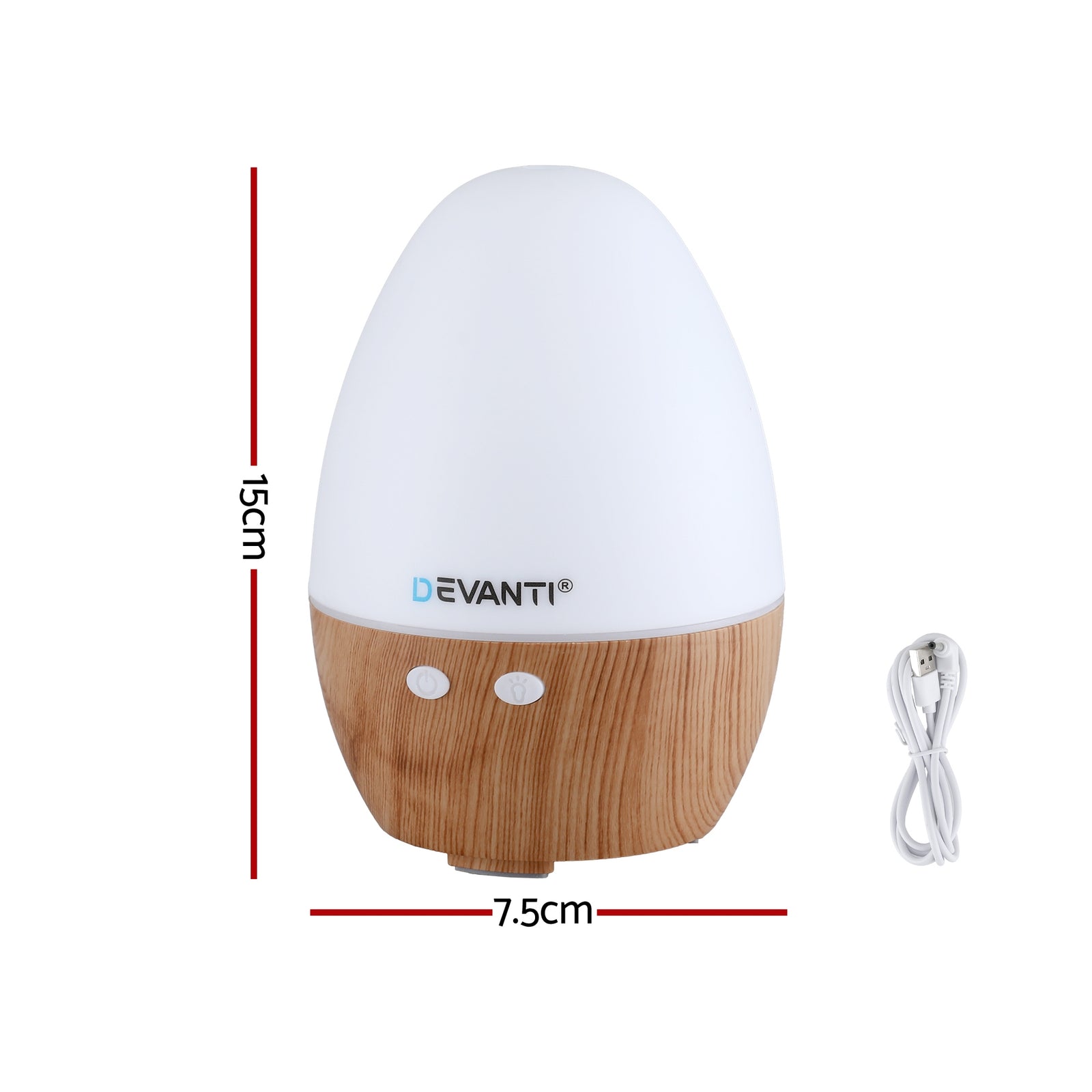FAST DELIVERY | 14 DAY RETURNS | 200,000+ PRODUCTS | AUSTRALIAN OWNED & STOCKED
Menu
-
-
Furniture
-
Baby & Kids
-
Home & Garden
-
Rugs
-
Toys & Games
-
Appliances
-
KITCHEN APPLIANCES
- Air Fryers
- Food Cookers & Steamers
- Toasters
- Electric Kettles
- Microwaves
- Mixers
- Portable Cooktops
- Electric Juicers
- Blenders & Soup Makers
- Grills
- Meat Grinders & Mincers
- Food Dehydrators
- Deep Fryers
- Food Vacuum Sealers
- Food Processors
- Waffle & Pancake Makers
- Water & Ice Dispensers
- Water Filters & Coolers
- Kitchen Appliance Accessories
- Ice Makers
- COFFEE MAKERS
- VACUUM CLEANERS
- FRIDGES & FREEZERS
- HEATERS
- AIR CONDITIONERS
- FANS
- AIR TREATMENT
- COOKTOPS
- RANGEHOODS
- OVENS
- IRONING APPLIANCES
-
KITCHEN APPLIANCES
-
Sports & Outdoors
-
Electronics
-
Tools & Equipment
-
Christmas
-
- Login

FAST DELIVERY | 14 DAY RETURNS | 200,000+ PRODUCTS | AUSTRALIAN OWNED & STOCKED
Aromatherapy
Aromatherapy – Relax, Refresh & Rejuvenate | Bargain Avenue
Create a soothing and refreshing atmosphere with our aromatherapy collection at Bargain Avenue! Whether you’re looking for essential oils, diffusers, or scented candles, our range of high-quality aromatherapy products helps promote relaxation, reduce stress, and enhance well-being.
Why Shop Aromatherapy at Bargain Avenue?
✔ Premium Essential Oils – 100% pure oils for relaxation & wellness.
✔ Aroma Diffusers & Humidifiers – Disperse scents evenly for a calming effect.
✔ Scented Candles & Oil Burners – Create a cozy and peaceful ambiance.
✔ Stress Relief & Better Sleep – Perfect for relaxation, meditation & self-care.
✔ Australian Owned & Stocked – Quality products, ready to ship.
✔ Flexible Payments – Pay with Afterpay, Zip, or PayPal.
✔ Free Delivery – Available on eligible items.
Enhance your space with the power of aromatherapy from Bargain Avenue. Shop now and breathe in relaxation!

